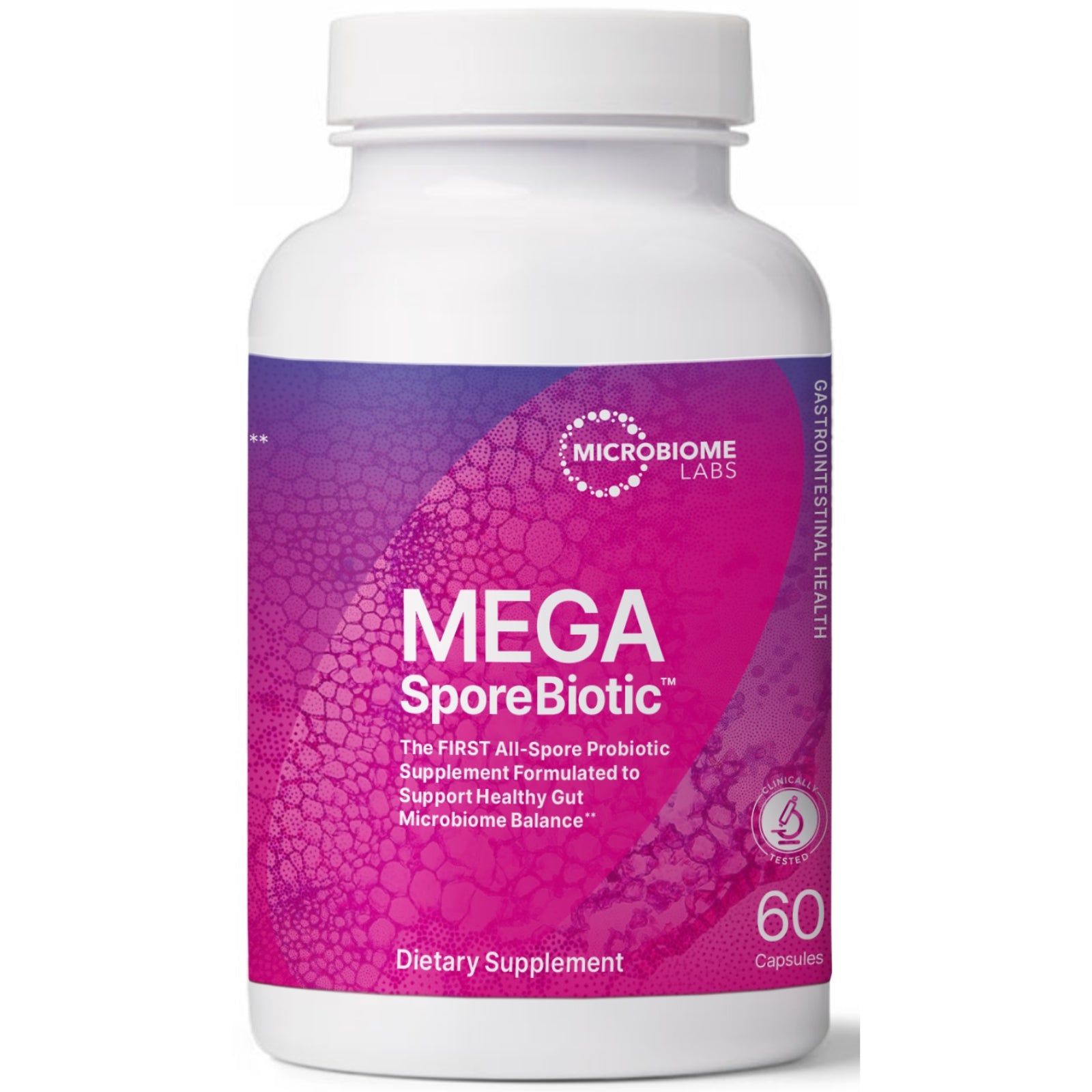
Coenzyme Q10 (CoQ10) is an antioxidant that is naturally produced by the human body to counteract free radicals. CoQ10 is lipid soluble and provides antioxidant activity in cell membranes, including mitochondrial membranes. It is also essential for mitochondrial respiration, which generates energy for cells. The heart, liver, kidneys, and pancreas have the highest concentrations of CoQ10, which decreases with age and can be depleted by illness.
Studies in the early 2000s suggested that statin medications reduce CoQ10 levels in the body, which may cause adverse effects associated with statin use. Consequently, CoQ10 supplementation has been recommended for patients using statin medications by integrative practitioners and medical doctors.
Recent research has shown that CoQ10 provides significant support for heart health. A 2018 systematic review published in the Indian Heart Journal and a 2016 review published in Circulation Heart Failure concluded that CoQ10 supplementation may be useful in supporting heart health. A 2018 meta-analysis published in the Journal of the American College of Cardiology showed that CoQ10 specifically supports the heart's left ventricle, which is responsible for pumping oxygenated blood to the rest of the body.
CoQ10 has been shown to support endothelial function and cardiac ATP production, and a 2018 study published in Hypertension showed that CoQ10 supplementation improved vascular function in healthy older adults. The Cleveland Clinic reports that CoQ10 can increase HDL-C and ApoA1 levels, support healthy inflammation, and provide important support to individuals taking statin medications or those with blood pressure concerns. CoQ10 levels are inversely correlated with heart health, and CoQ10 supplements are popular among both integrative practitioners and mainstream medical doctors.

